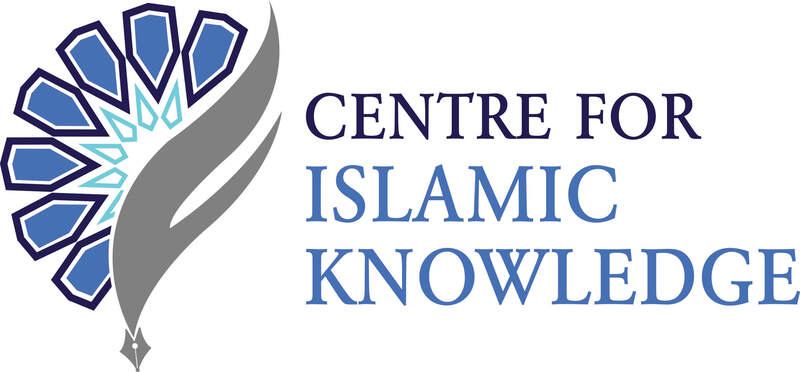In this CIK Talk, Dr. Sinanović argues that Islamic Revival can be read as the Muslim thinkers’ and activists’ critique of and engagement with modernity. He makes the case for multiple modernities and multiple Islamic discourses that have marked the last six decades of Muslim activism. Islamic Revival, according to Dr. Sinanović, has gone through three distinct periods during this time:
Modernization–development phase (early 1950s–early 1980s) - Debates on capitalism, communism, and political development in general, within the contexts of post-colonial liberation and the Cold War struggles.
Democratization phase (early 1980s–early 2000s) - Emphasis on democracy, economic development, and human rights.
The civic engagement and citizenship phase (early 2000s – present) - Conversation with modernity is on civic engagement and citizenship rights.
Through these three periods, this CIK Talk traces the evolution of Islamic Revival from its often reactive past to the more proactive present.
Modernization–development phase (early 1950s–early 1980s) - Debates on capitalism, communism, and political development in general, within the contexts of post-colonial liberation and the Cold War struggles.
Democratization phase (early 1980s–early 2000s) - Emphasis on democracy, economic development, and human rights.
The civic engagement and citizenship phase (early 2000s – present) - Conversation with modernity is on civic engagement and citizenship rights.
Through these three periods, this CIK Talk traces the evolution of Islamic Revival from its often reactive past to the more proactive present.
Professor Ovamir AnjumProfessor Ovamir Anjum is Imam Khattab Endowed Chair of Islamic Studies at the Department of Philosophy and Religious Studies, University of Toledo. His work focuses on the nexus of theology, ethics, politics and law in classical and medieval Islam, with comparative interest in Western Thought. His interests are united by a common theoretical focus on epistemology or views of intellect/reason in various domains of Islamic thought, ranging from politics (siyasa), law (fiqh), theology (kalam), falsafa (Islamic philosophy) and spirituality (Sufism, mysticism, and asceticism). He brings this historical studies to bear on issues in contemporary Islamic thought and movements and is currently researching developments in Islamic political thought in the wake of the Arab Uprisings of 2011. While trained as an historian, his work is essentially interdisciplinary, drawing on the fields of classical Islamic studies, political philosophy, and cultural anthropology.
He obtained his Ph.D. in Islamic Intellectual history in the Department of History, University of Wisconsin-Madison, Masters in Social Sciences from the University of Chicago, Masters in Computer Science from the University of Wisconsin-Madison and a Bachelors in Nuclear Engineering and Physics from the University of Wisconsin-Madison. Before higher education, his Islamic training began at home while growing up in Pakistan, Saudi Arabia, and the United States with a broad range of scholars including his remarkable grandmother, and continued as he studied fiqh with South Asian Ḥanafī and Ahl-e-hadīs scholars and usūl al-fiqh and qirā’āt of the Qurʾān with scholars from Egypt’s Al-Azhar and Syria. He is the author of Politics, Law and Community in Islamic Thought: The Taymiyyan Moment (Cambridge University Press, 2012). He has translated Madarij al-Salikin (Ranks of Divine Seekers, Brill 2020) by Ibn al-Qayyim (d. 1351), one of the greatest Islamic spiritual classics, which upon completion will be the largest single-author English translation of an Arabic text. His current projects include a survey of Islamic history and a monograph on Islamic political thought. Dr. Ovamir is the Founder of the Ummatics Institute, the Editor of the American Journal of Islam and Society and the Editor-in-Chief of the Editorial Review Board at the Yaqeen Institute for Islamic Research. |


